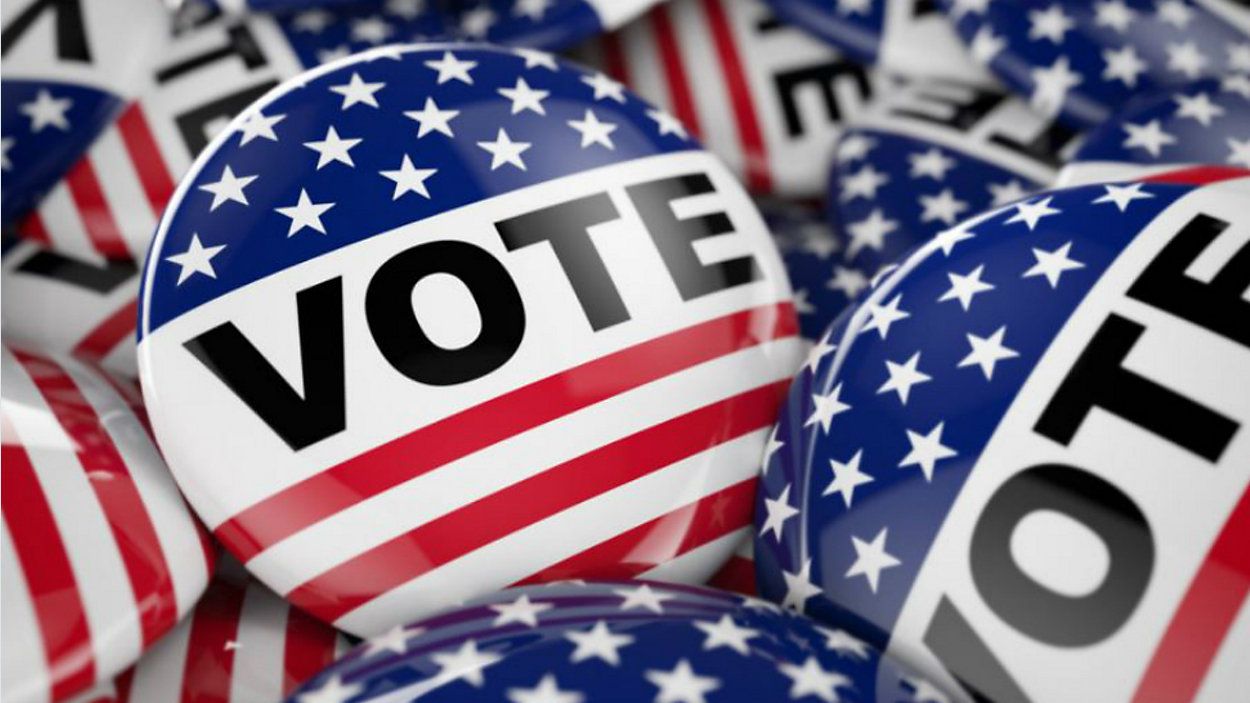The balance of power in the United States Senate could hinge on North Carolina.
Democrats already have a presumptive nominee in former N.C. Supreme Court Justice Cheri Beasley. But four top Republican candidates are vying for their party’s nomination.
Three of those four leading GOP candidates will debate the issues Wednesday at 7 p.m. on Spectrum News 1.
Former Gov. Pat McCrory, former Congressman Mark Walker and Army combat veteran Marjorie Eastman have agreed to join the debate. Former Congressman Ted Budd was invited but declined.
Budd, who has the endorsement of former President Donald Trump, has not participated in any debates so far.
Budd is the frontrunner in the Republican primary campaign, with at least a 10-point lead over McCrory, according to recent polls.
The other three top candidates have taken aim at Budd in recent debates. At the first Republican Senate debate, hosted by the John Locke Foundation, the candidates directed attacks to an empty podium on the stage, set up to show Budd’s absence.
The Spectrum New 1 debate will be hosted by Capital Tonight’s Tim Boyum. The topics will include inflation and rising prices, and United States involvement in the war in Ukraine.
A new Spectrum News/IPSOS poll, released Monday, identified inflation and affordable housing as the top concern of voters in North Carolina.
RELATED: Spectrum News Poll: How do the people of North Carolina feel about the economy?
Republican Sen. Richard Burr announced his retirement last year, leaving an open Senate seat for North Carolina.
The Senate is currently split evenly, with 50 Republicans, 48 Democrats and two independents who caucus with the Democrats. In the event of a tie on the floor of the Senate, Vice President Kamala Harris would cast the deciding vote.
Both parties plan to fight hard to win more Senate seats this year, and North Carolina is a prime target.
The primary election in North Carolina will be on May 17, with early voting beginning April 28.
If no candidate in the primary election can get more than 50% of the vote, the race will go to a runoff on July 26. If the GOP Senate primary goes to a runoff, it could eat up time and resources with the top Republican candidates focused on each other instead of campaigning against the Democratic candidate for the November General Election.



